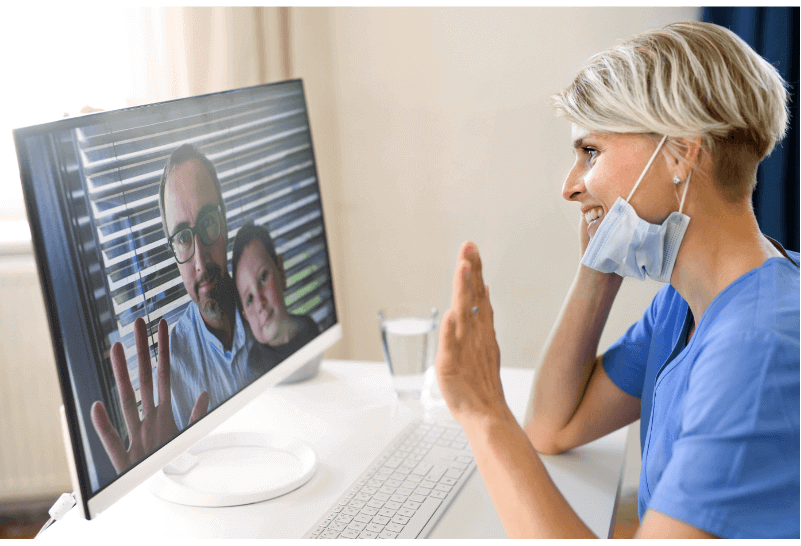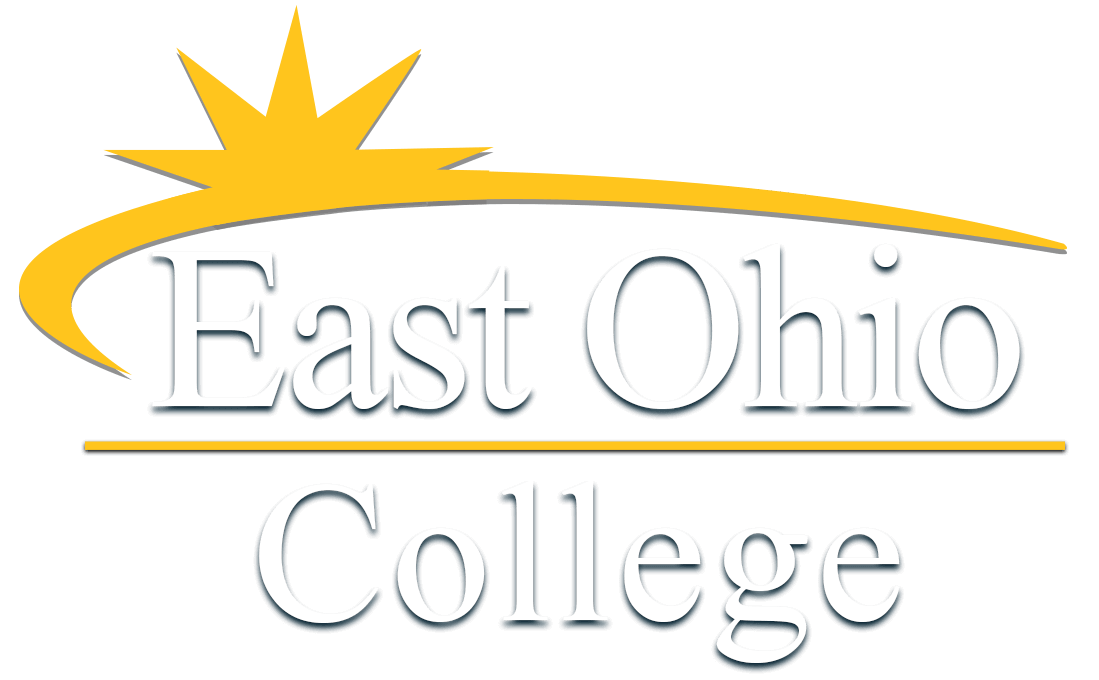Many things changed in our daily lives because of the COVID-19 pandemic. People who work in healthcare have experienced even more changes, which have significantly impacted their professional lives.
The expansion of telemedicine, the extra focus on cleanliness and sanitation, and the shortage of medical professionals were all partially caused by COVID-19. Keep reading as we provide more information on these changes!
Growth of Telemedicine
For those who are unfamiliar with telemedicine, you may be thinking, what exactly is it? Telemedicine can be defined as using technology and telecommunications to treat, diagnose, and assess patients remotely.

For example, let’s say you notice a rash on your arm, and you choose to schedule a remote visit with your doctor. You will most likely complete this visit via video call. You will be asked the same types of questions by your healthcare professional that you would at a traditional in-person appointment. Your doctor will need to know if anything specific caused the rash, how long it’s been there, and they may even want you to show them the inflammation on camera. After making an assessment and diagnosing the rash, your healthcare professional will provide treatment, such as calling in medication to your local pharmacy.
Assessing and treating patients via telemedicine has become more common than ever due to the COVID-19 pandemic. There are many benefits to treating patients with telemedicine, such as allowing them to be seen from the comfort of their homes, which can help stop the spread of illness. Those who are contagious don’t have to physically go to a healthcare facility to receive care. Telemedicine can also benefit patients who live in rural areas who may not have a healthcare provider close to them or may not have the ability to travel to appointments.
According to a recent report from McKinsey & Company, the usage of telehealth has increased 38 times from the amount people were using it before the pandemic began. With this considerable increase in usage, there are many more opportunities to work in telemedicine.
For those thinking about a career in the healthcare field, such as nursing or medical assisting, you could be treating patients via telemedicine one day.
Focus on Sanitation
From the moment the COVID-19 pandemic first began, there was a growing focus on cleanliness and sanitation. For essential workers in healthcare, there’s a variety of sanitation and cleanliness standards required for infection control in a healthcare facility.
Even in public spaces or at home, medical professionals and everyone else have made changes that focus on cleanliness and sanitation. One example is hand washing, in which you are supposed to wash your hands numerous times per day with soap and water to help stop germs from spreading.
According to the CDC, buildings in community settings should clean high-touch surfaces at least once per day. Shopping carts, countertops, desks, light switches, keyboards, and phones are examples of high-touch surfaces.
Regularly performing sanitation and cleanliness techniques to stop the spread of germs is essential for those who work in the healthcare field.
Shortage of Professionals
The shortage of healthcare professionals has been increasing even before the start of the COVID-19 pandemic. Driving factors, like expanded access to healthcare services caused by legislative changes and the additional care needed by aging baby boomers, have increased the need for qualified healthcare professionals for years.
An example of this growing need is nurses. According to data from the Bureau of Labor Statistics, the estimated growth rate for nurses from 2020 to 2030 is 9%, with about 194,500 projected job openings for nurses each year in the United States.
When COVID-19 began in the US, this caused an even greater need for healthcare professionals. Medical facilities, including hospitals and others, have needed to provide care to more patients, which has caused a severe shortage of vital healthcare professionals.
Because of the more significant number of shortages, some healthcare providers are increasing the salary for trained professionals and have started to offer sign-on bonuses to attract job applicants. With the great need for qualified and trained medical personnel, now is an excellent time to begin a career in the healthcare field.
If you want to jumpstart your career in this expanding industry, we are here to help you get started! Explore our healthcare degree programs in Nursing, LPN to RN Bridge, Medical Assisting, Dental Assisting, and Medical Billing/Administration.
Contact us today at 330-385-1070 or request information now to start your journey to a new healthcare career!
